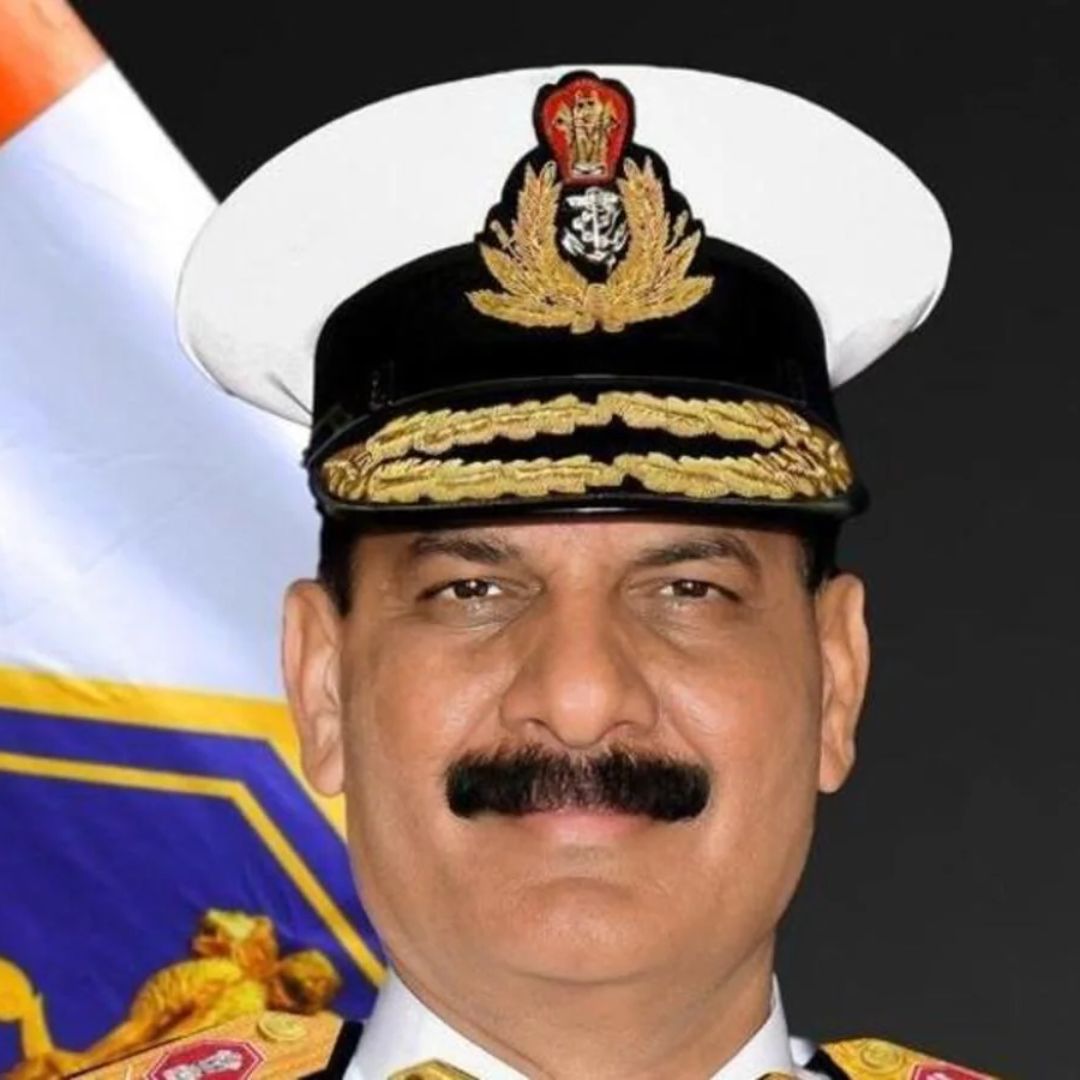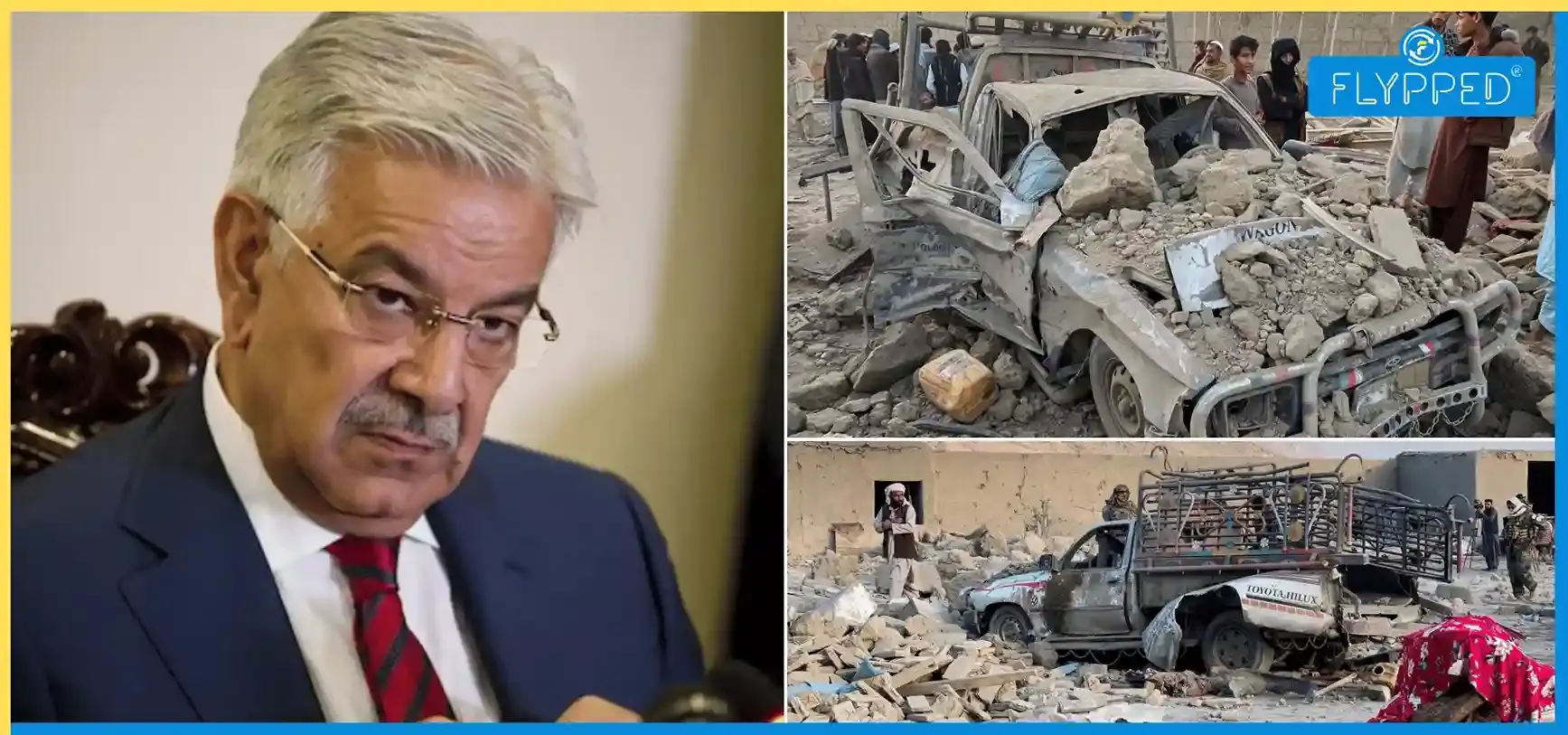Navy Chief Dinesh Tripathi says China remains consistent in Indo-Pacific despite Ladakh discussions

The Indo-Pacific region has been at the center of international geopolitical discussions. With its strategic importance, it has drawn the attention of major global powers. Recently, India's Navy Chief, Admiral Dinesh Tripathi, brought attention to a critical aspect of this discussion. He stated that while dialogues with China over border issues in Ladakh have been ongoing, China's activities and posture in the Indo-Pacific region remain steady and unwavering.

This statement sheds light on a pressing global concern and highlights India's perspective on balancing national security while maintaining a steady watch on the broader geopolitical dynamics. Let’s break this down in simple terms to understand what it means for India and the world.
Understanding the Indo-Pacific and Its Importance
The Indo-Pacific is not just a buzzword in geopolitical circles; it's a vast region that connects the Indian and Pacific Oceans, encompassing countries like India, China, Japan, Australia, the United States, and many Southeast Asian nations. This region is crucial for global trade, as a significant percentage of the world's shipping routes pass through it. For India, the Indo-Pacific is vital for economic growth, energy security, and national defense.
However, it's also a zone of contention. With multiple nations asserting their interests and strategies, tensions in the Indo-Pacific are inevitable. Among these, China's growing influence has drawn the most scrutiny.
China’s Consistent Presence in the Indo-Pacific
Admiral Tripathi’s observation highlights an essential point: China’s activities in the Indo-Pacific remain consistent, regardless of the ongoing border discussions in Ladakh. But why is this significant?
https://twitter.com/firstpost/status/1863575897212924248
China's role in the Indo-Pacific has been characterized by its ambitious Belt and Road Initiative (BRI), aggressive naval presence, and claims in the South China Sea. Beijing’s efforts to bolster its influence through economic partnerships and military activities have not gone unnoticed. For India, this consistency signals that while diplomatic talks on border issues may yield some progress, China’s overarching strategic goals in the region are unwavering.
India's position is uniquely challenging. While it engages in diplomatic efforts with China over disputes like those in Ladakh, it must simultaneously address the broader picture—securing its interests in the Indo-Pacific.
Why the Indo-Pacific Matters to China
To understand China's steady focus on the Indo-Pacific, we need to look at the region from their perspective. For China, this area is key to:
- Economic Interests: With major shipping lanes passing through the Indo-Pacific, it is a lifeline for China's trade and energy imports. Ensuring control over these routes is critical for sustaining its economic growth.
- Strategic Depth: China’s naval expansion, including its modern aircraft carriers and bases like the one in Djibouti, aims to project power far beyond its shores.
- Regional Dominance: China views the Indo-Pacific as a stage for asserting its role as a global superpower. Its actions in the South China Sea, including building artificial islands, reflect its intent to dominate the region.
These motivations underline why China’s approach to the Indo-Pacific remains consistent, regardless of developments elsewhere.
India’s Challenges and Responses
For India, balancing its focus between the Himalayan borders and the Indo-Pacific is no small feat. While the Ladakh standoff has captured national attention, India is also aware of the long-term implications of China's activities in the Indo-Pacific.
Key Challenges for India
- Border Disputes: The ongoing discussions over Ladakh require diplomatic and military resources, potentially diverting attention from maritime security.
- China-Pakistan Axis: With China’s deep ties to Pakistan, India faces a two-front challenge—one on land and another at sea.
- Strategic Alliances: As China strengthens its ties with countries in the Indo-Pacific, India must work harder to solidify its relationships with allies like the U.S., Japan, and Australia.
India’s Strategic Moves
- Strengthening the Navy: India has been ramping up its naval capabilities, including indigenous shipbuilding and acquiring advanced equipment.
- Regional Partnerships: India’s involvement in platforms like the Quad (comprising the U.S., Japan, and Australia) highlights its commitment to a free and open Indo-Pacific.
- Economic Initiatives: India is actively participating in regional trade agreements and infrastructure projects to counterbalance China’s economic influence.
Global Implications of China’s Indo-Pacific Strategy
What happens in the Indo-Pacific doesn’t stay in the Indo-Pacific. The region’s stability is vital for the global economy and security. Admiral Tripathi’s comments serve as a reminder to the world that while border issues like Ladakh are critical, they shouldn’t overshadow the larger strategic picture.
China’s activities in the Indo-Pacific have spurred reactions from several global powers:
- The United States: With its “Pivot to Asia” strategy, the U.S. has increased its military presence in the region, including regular freedom-of-navigation operations in the South China Sea.
- Japan and Australia: Both nations are stepping up defense collaborations with India and the U.S. to counterbalance China’s influence.
- Southeast Asian Nations: Countries like Vietnam and the Philippines are caught in a delicate dance, seeking to assert their sovereignty while avoiding antagonizing China.
Looking Ahead: India’s Dual Focus
Admiral Tripathi’s statement underscores the importance of vigilance. While diplomatic efforts over Ladakh may resolve certain border tensions, India cannot afford to let its guard down in the Indo-Pacific. The region is too critical—economically, strategically, and militarily.
India’s ability to address this dual challenge will depend on several factors:
- A Robust Defense Strategy: Strengthening both land and maritime forces is crucial.
- Strong Alliances: Deepening partnerships with like-minded nations will help India counterbalance China’s influence.
- Economic Growth: A strong economy will provide the resources necessary for sustaining defense and diplomacy.
Conclusion
Admiral Dinesh Tripathi’s remarks on China’s consistency in the Indo-Pacific serve as a timely reminder for policymakers and citizens alike. While border discussions in Ladakh are crucial, they are just one piece of a much larger puzzle. For India, maintaining a strong presence in the Indo-Pacific is not just about countering China; it’s about securing its future in an increasingly interconnected and competitive world.
Click to read the full article






